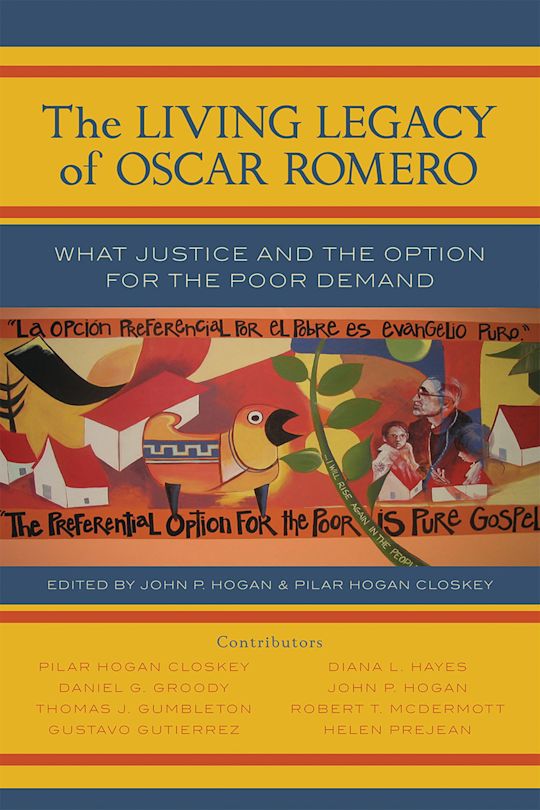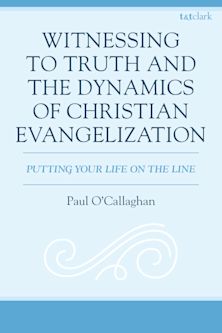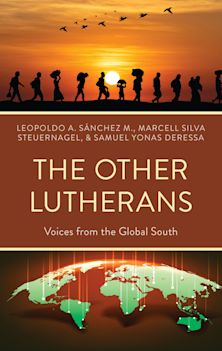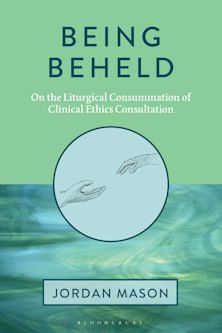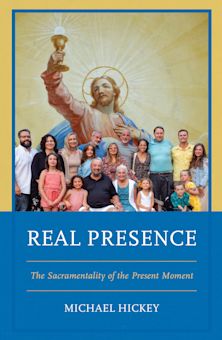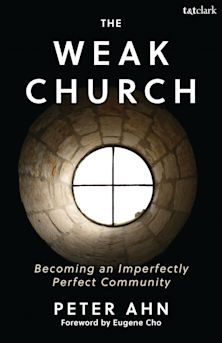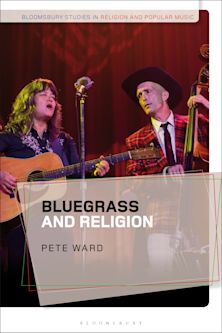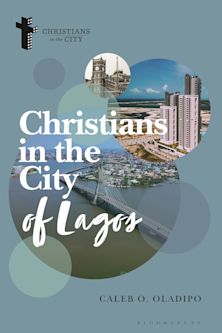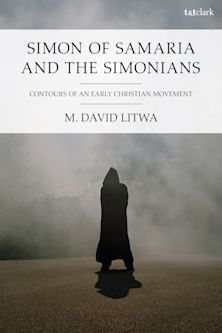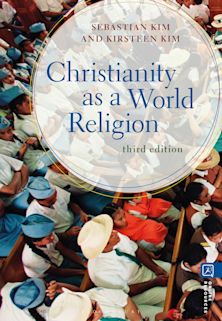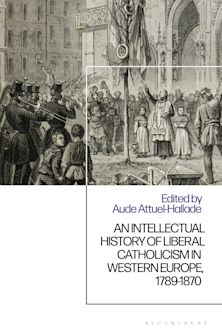Romero's Legacy
The Call to Peace and Justice
Pilar Hogan Closkey (Anthology Editor) , John P. Hogan (Anthology Editor) , Pilar Hogan Closkey (Contributor) , Daniel G. Groody (Contributor) , Thomas J. Gumbleton (Contributor) , Gustavo Gutierrez (Contributor) ,
- Textbook
Romero's Legacy
The Call to Peace and Justice
Pilar Hogan Closkey (Anthology Editor) , John P. Hogan (Anthology Editor) , Pilar Hogan Closkey (Contributor) , Daniel G. Groody (Contributor) , Thomas J. Gumbleton (Contributor) , Gustavo Gutierrez (Contributor) ,
- Textbook
Description
Pilar Hogan Closkey and John Hogan have brought together the annual Archbishop Oscar Romero Lectures (2001-2007) to consider the life and death of Archbishop Romero and the daily struggles of the poor in our world, especially in the city of Camden, New Jersey-one of America's poorest cities. Romero's 'dangerous memory' provides the background, while urban poverty and the option for the poor are the foreground. Romero's commitment to the poor compels us to look at ourselves, and the authors of each chapter remind us of Romero's dangerous memory and his undying hope in the promised future. Taken as a whole, the book reminds us of the tough questions behind the real meaning of the 'option for the poor.' Can we as a faith community and institution move beyond high-sounding slogans and really opt for the poor? What are the costs? What are the risks? Especially in these difficult times of war, terrorism, and scandal, can we in the Church rebuild trust and be a sign of a future of justice and peace announced by Jesus?
Table of Contents
Chapter 2 Preface
Chapter 3 Introduction - Romero's Vision and the City Parish: Urban Ministry and Urban Planning
Chapter 4 Chapter 1 - In the Footsteps of Martyrs: Lessons from Central America
Chapter 5 Chapter 2 - The Eucharist and Social Justice
Chapter 6 Chapter 3 - If You Want Peace, Work for Justice
Chapter 7 Chapter 4 - Liberation Theology for the 21st Century
Chapter 8 Chapter 5 - Dead Man Walking: The Journey Continues
Chapter 9 Chapter 6 - The Color of Money: Racism and the Economy
Chapter 10 Chapter 7 - A Promised Land, A Devil's Highway: The Crossroads of the Undocumented Immigrant
Product details
| Published | 04 Aug 2007 |
|---|---|
| Format | Ebook (Epub & Mobi) |
| Edition | 1st |
| Extent | 144 |
| ISBN | 9781461643142 |
| Imprint | Rowman & Littlefield |
| Publisher | Bloomsbury Publishing |









